轻型客车悬架系统匹配计算及板簧和减振器总成设计(含CAD图,CATIA三维图)
无需注册登录,支付后按照提示操作即可获取该资料.
轻型客车悬架系统匹配计算及板簧和减振器总成设计(含CAD图,CATIA三维图)(任务书,开题报告,外文翻译,设计说明书15000字,CAD图9张,CATIA三维图)
摘 要
本篇论文首先对国内外的汽车悬架技术的现状、研究重点、研究状况进行了介绍;并介绍了汽车悬架系统的概要和结构,包括汽车悬架减震器、后悬架弹簧等;然后通过计算和选数据对悬架系统进行匹配计算,应用轻型客车的数据进行悬架各参数的的选取,设计出合理的减震器各参数和后悬架弹簧的参数,并对其进行校核。最后应用三维软件CATIA进行减震器和钢板弹簧的三维模型,最后讲述了帮助文件的制作以及该系统帮助文件的结构。
关键词:汽车悬架 减震器 钢板弹簧 建模
ABSTRACT
This paper first automobile suspension technology for the status quo at home and abroad, research focus, research status were introduced;And describes the outline and structure of the vehicle suspension system,Including automobile suspension shock absorbers, springs and other suspension;Then choose the data by calculating the suspension system and the matching calculation,Application data minibuses were the parameters of the selected suspension,Design parameters of a reasonable shock absorbers and rear suspension spring parameters and be checked.Finally, three-dimensional software CATIA application be shock absorbers and leaf spring three-dimensional model,Finally, the help file describes the structure of the system of production and help files.
Keywords: vehicle suspension; shock absorbers; leaf springs; modeling
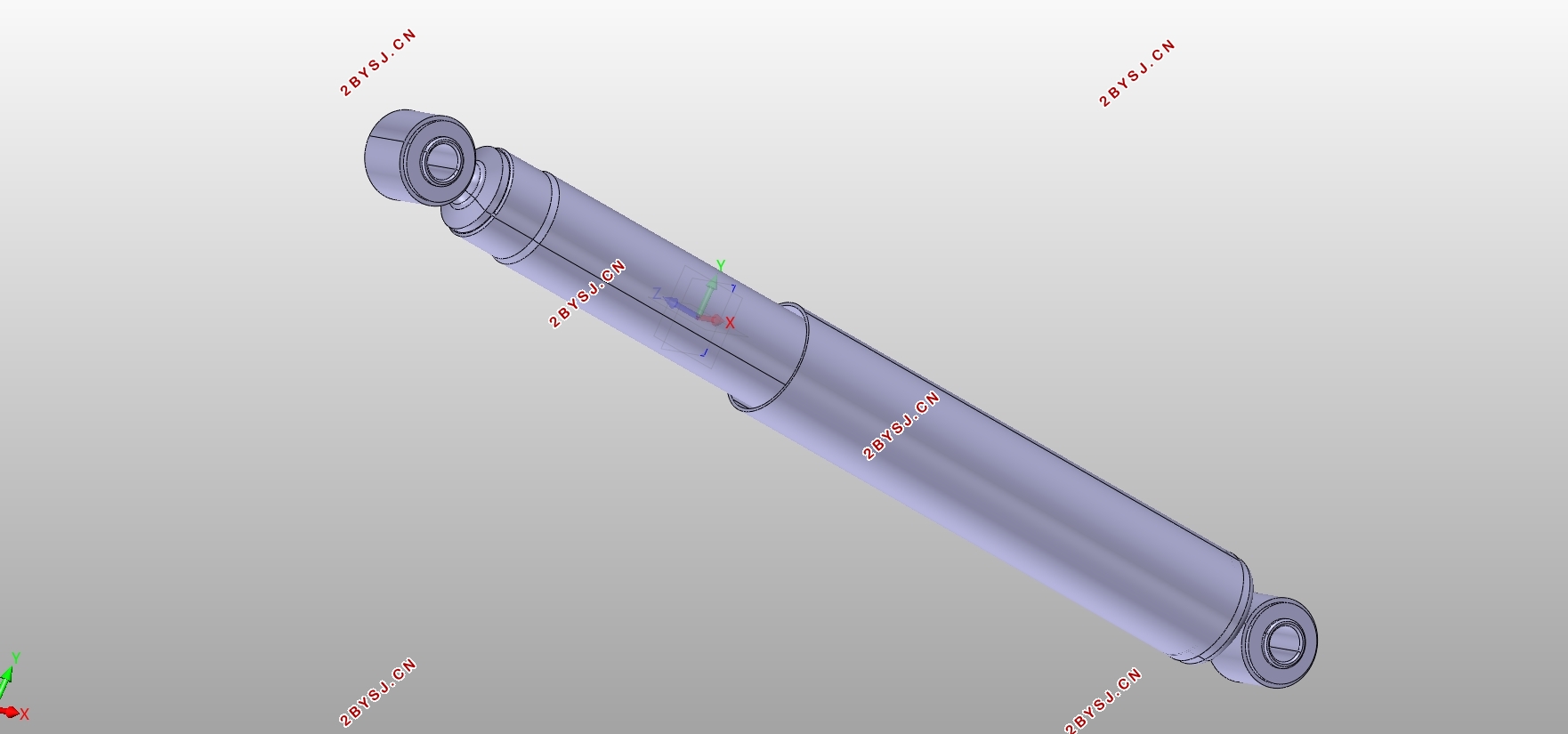
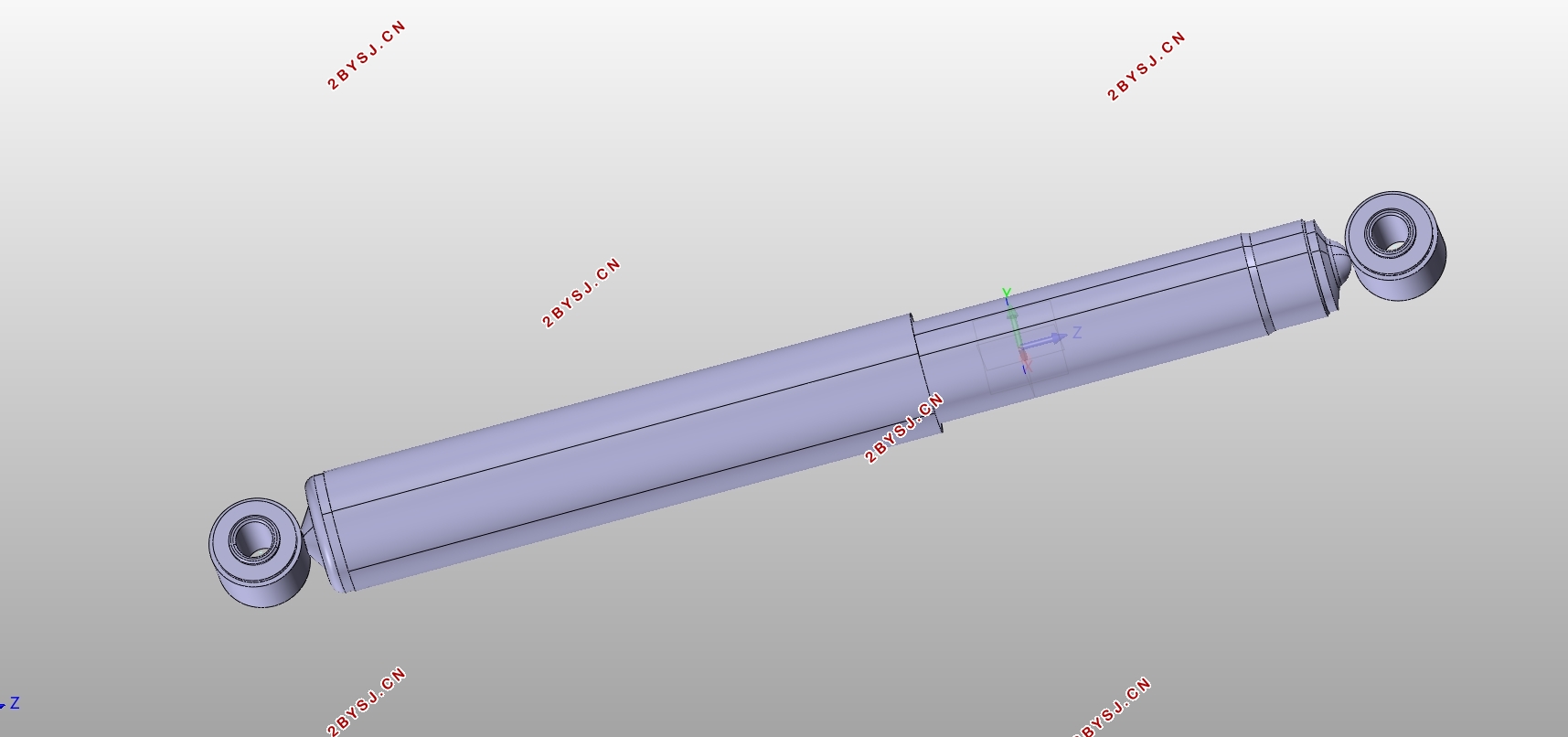
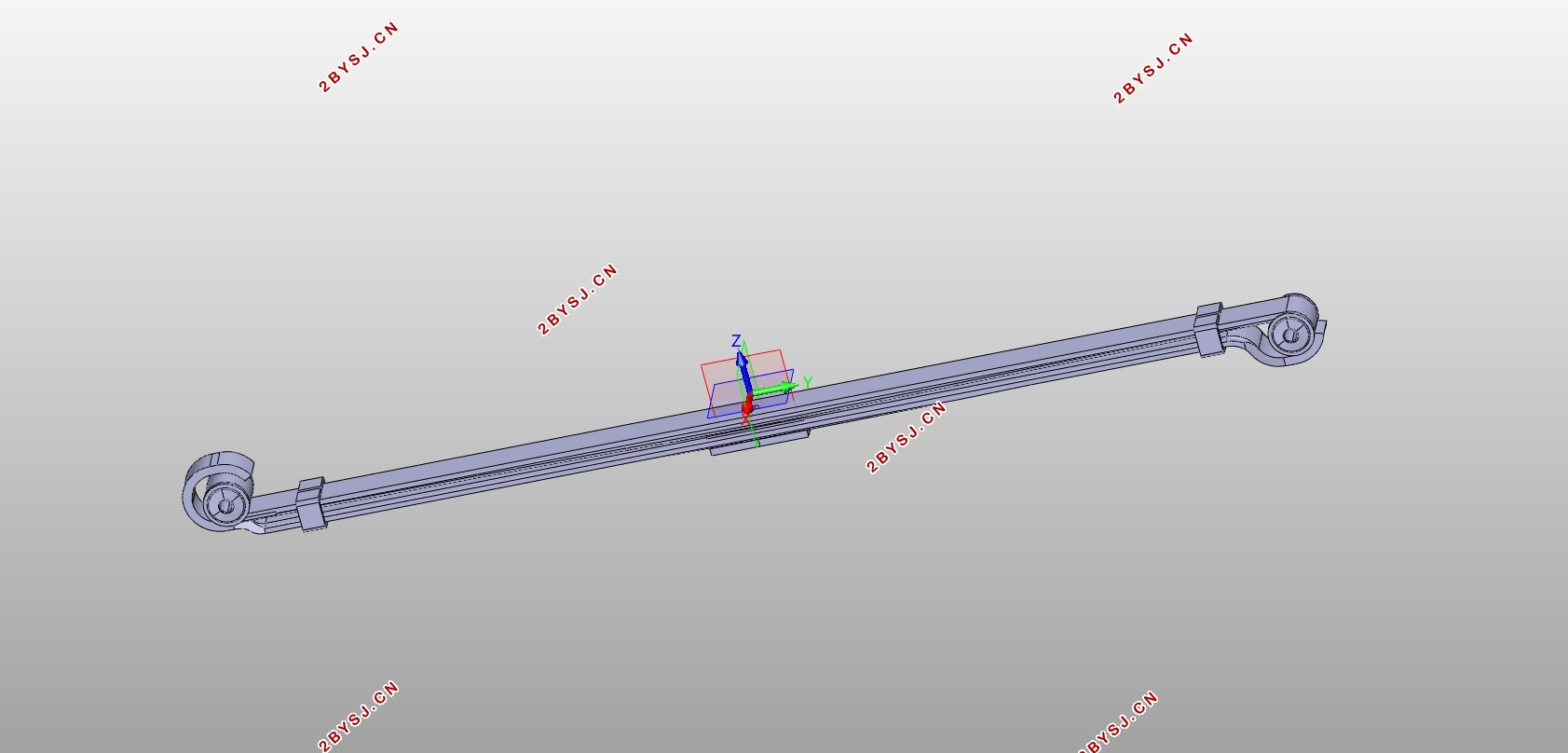
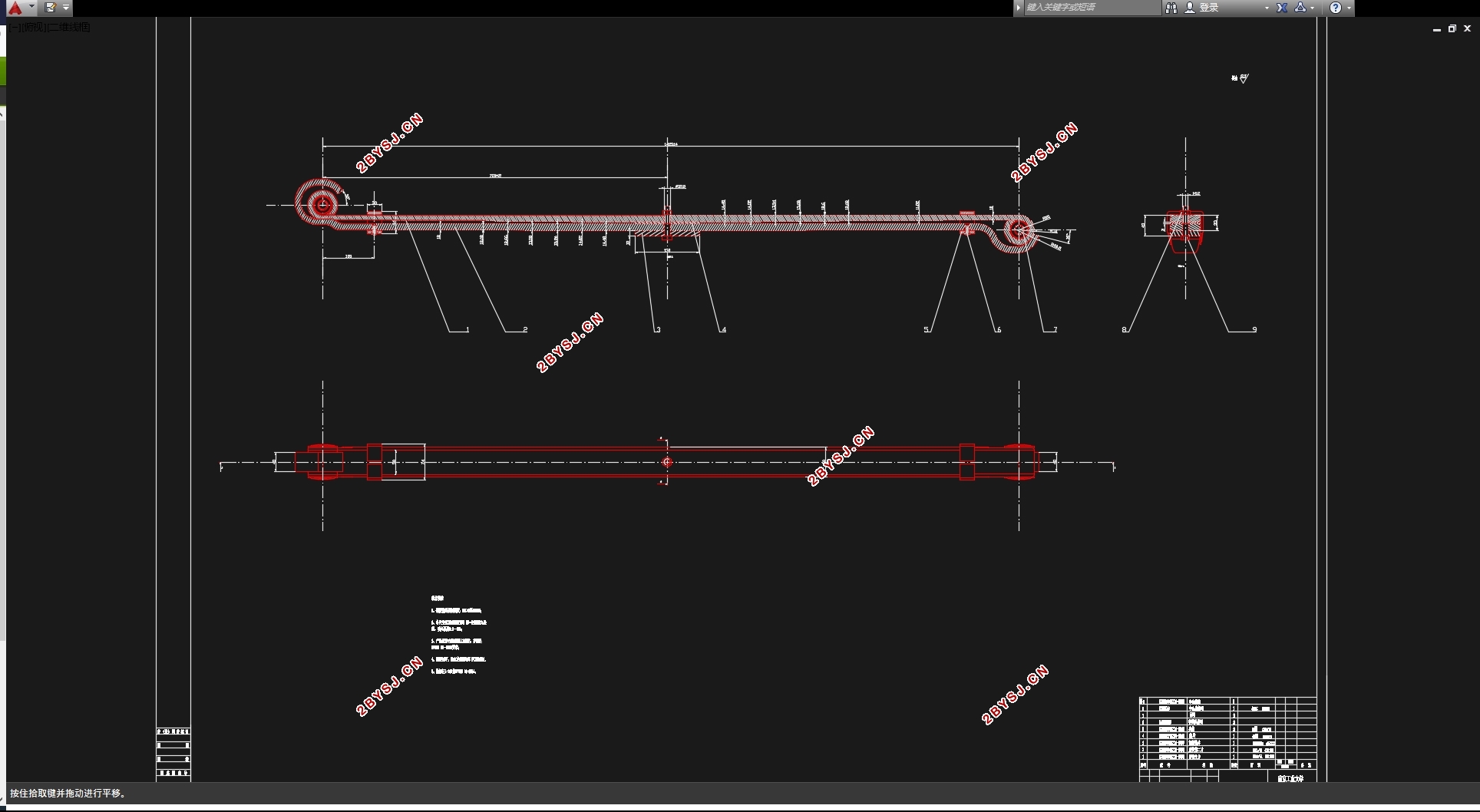
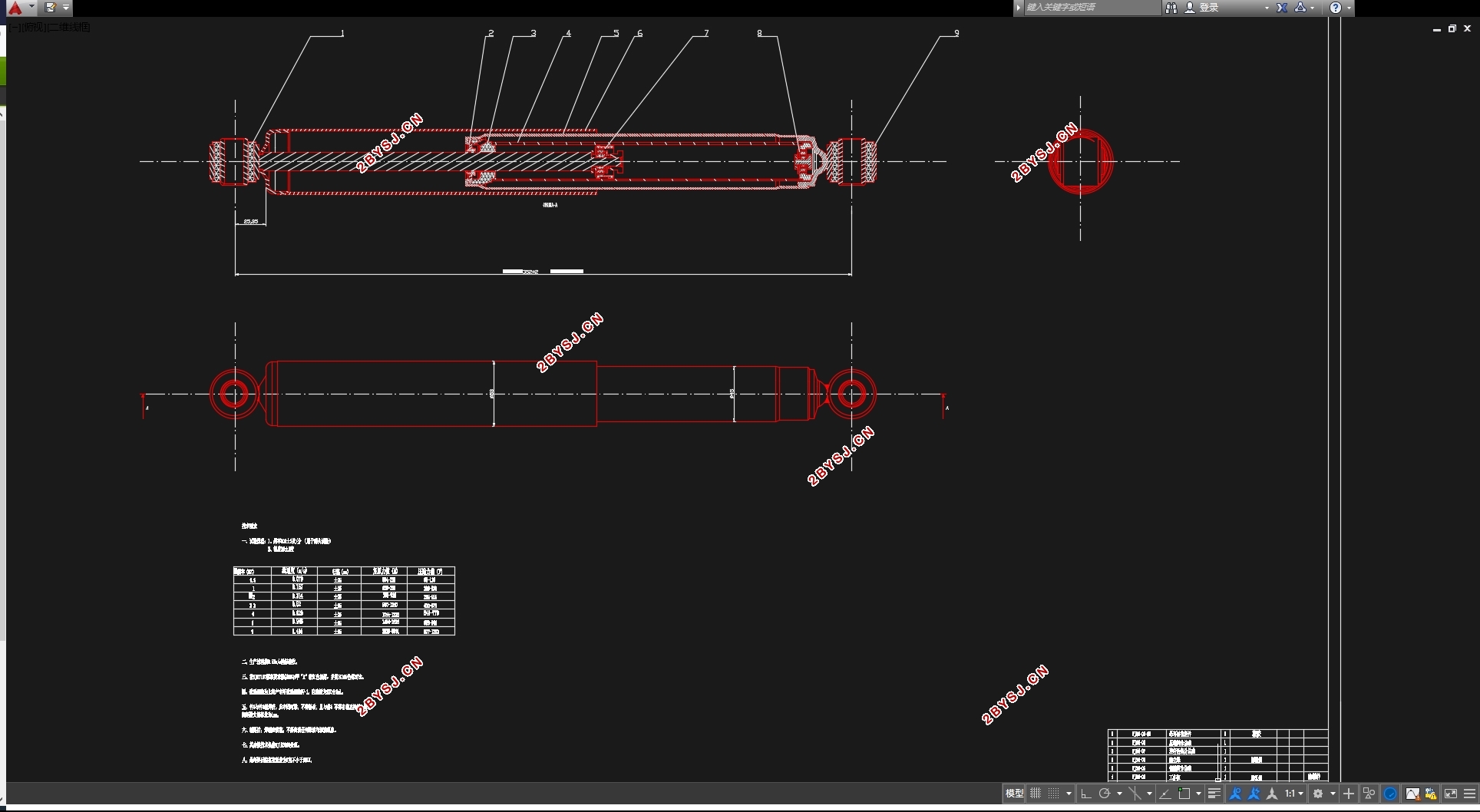

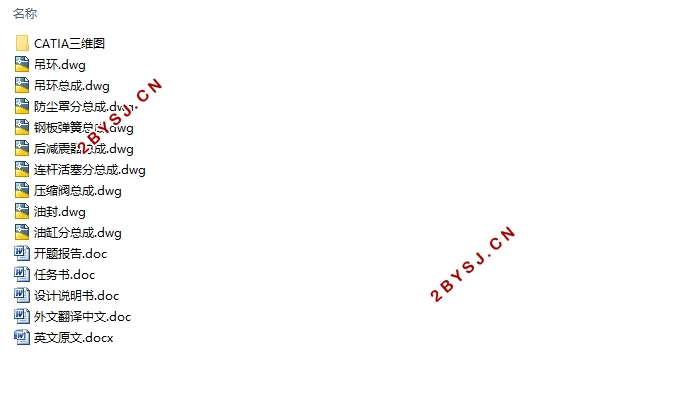
目 录
摘要 I
ABSTRACT II
第一章 绪论 1
1.1 汽车悬架研究的背景及意义 1
1.2 国内外研究现状 2
1.3 悬架系统概述 4
1.3.2悬架系统的分类 6
1.4主要设计工作 7
第二章 后悬架系统的设计计算 9
2.1后悬架系统简化模型 9
2.2 运动方程的求解与振型分析 11
2.2.2 车身、车轮振动的振型分析 14
第三章 后悬架系统的设计 20
3.1 减振器的类型和主要参数选择 20
3.1.1 减振器的作用及其主要类型 20
3.1.2 减振器的主要参数选择 22
3.2 后悬架弹簧的类型及主要参数选择 24
第四章 基于CATIA的后悬架的设计与建模 27
4.1 CATIA软件简介 27
4.2 后悬架减震器的建模 27
4.2.1 减震器零件的三维建模 27
4.2.2 减震器的整体装配建模 31
4.3后悬架钢板弹簧的建模 31
4.3.1 板簧零件的三维建模 31
第五章 总结与展望 34
5.1总结 34
5.2展望 36
参考文献 38
致谢 39
